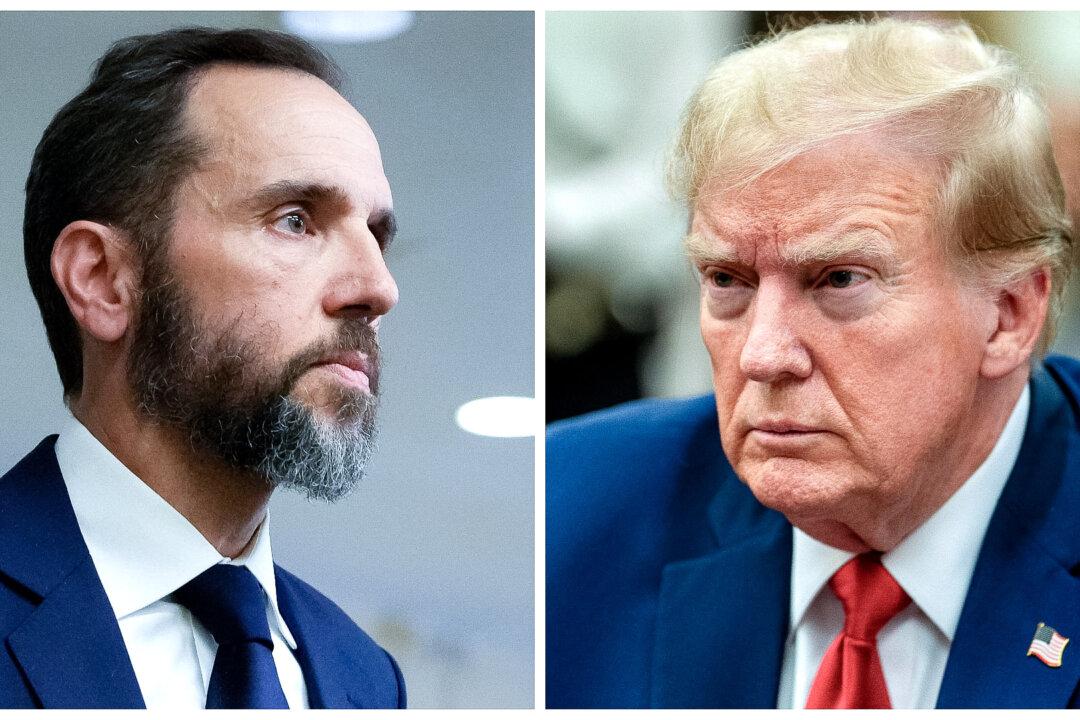Special counsel Jack Smith said in a new court filing that he is strongly opposed to the Trump camp’s latest request to disclose evidence in the former president’s classified documents case, because disclosure would expose potential witnesses to danger.
“The defendants’ Motion is inconsistent with the process they proposed (and that the Court approved) for their supplemental reply brief,” Mr. Smith wrote in the Feb. 16 filing.





